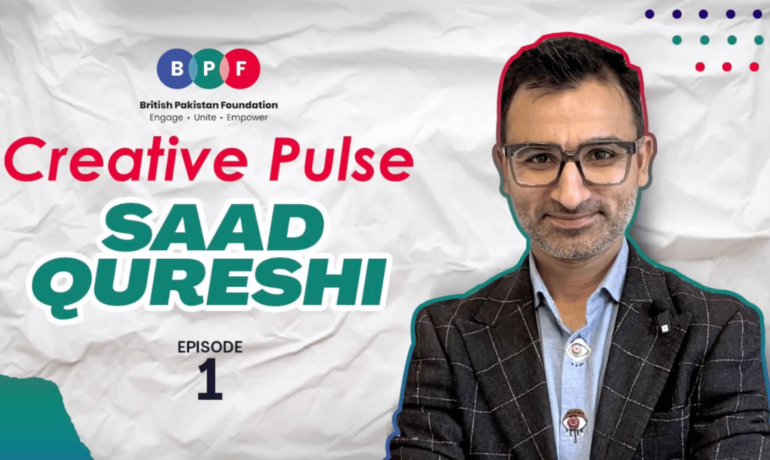Meditation: The Modern Interface of Religion and Science by Sobia Qazi
We live in spiritual times, believe it or not. Amongst our oft-repeated laments at the crushing pace of modern technology and the erosion of traditional values,we can see a blooming of modern spiritual practices. Although the 21st century is indeed the age of technology, it is also the age of a new kind of religion with a broad reach – New Ageism.
Today, there is a plethora of practices that appear to bridge on the one hand, the need for a sense of meaning, and on the other, the desire to feel free of dogma and tradition. The reason I bring this all up, is that no matter where our personal proclivities lie within this spectrum of possibility, meditation is a tool available to all of us, one that is found in the broadest range of traditions. And it is a fundamental key to changing our lives for the better.
There are many varieties of meditation. Within a religious context, meditation often involves the remembrance of the divine creator, which is accompanied by religious ritual. For many people, this regular practice invokes a deep sense of peace and alignment. For the non-religiously inclined spiritual devotee, meditation may focus on breathing, a mantra or a general widening of awareness that is akin to mindfulness practice.
Whatever the chosen method of meditation, one thing is now widely agreed upon, in scientific circles – that meditation has undeniable mental and physical health benefits. To date, a number of randomized controlled trials for meditation have been carried out, that show a definite beneficial effect on depression, anxiety disorders, as well as, perhaps surprisingly, changes in brain structure such as increased thickness of some brain layers.
When we consider the implications of these findings, we can truly come to appreciate the very old significant potential of this age-practice, on our lives. It is far from airy-fairy and intangible – it is real, concrete and scientifically validated. No wonder that we feel better after meditating – whether more effective and in control, or more spiritual and closer to God.
Within whatever context we approach meditation, though, its benefits are profound. Having the scientific data not only validates our experience but, I believe, allows us to harness its power more effectively. Knowing that something has the capacity to biologically change us, makes its effects even more powerful – a bit like a placebo effect.
On a biological level, it quietens the nervous system, filters out irrelevant stimuli from the environment, and puts our body into a relaxed state (as opposed to “Fight and flight”, which is often a natural by-product of our hectic pace of 21stcentury life). Regular practice makes these states increasingly easier to access.
Meditation, often considered in previous centuries as a purely spiritual phenomenon with little bearing on psychology or biology, is now shown to be a practice that spans these realms. If you do meditate already, congratulate yourself; and maybe challenge yourself to enhance your practice even more. If on the other hand, you somehow struggle to “find the time”, consider that meditation, paradoxically, opens up the time you have, and gives you more time – by decreasing your mental clutter.
I wish you well in your meditation practice.
BPF Condemns Elon Musk’s Comments and Stands in Support of the Prime Minister’s Statement
The British Pakistan Foundation (BPF) condemns the recent comments
Creative Pulse: In Conversation with Saad Qureshi
This episode of Creative Pulse features renowned British Pakistani




